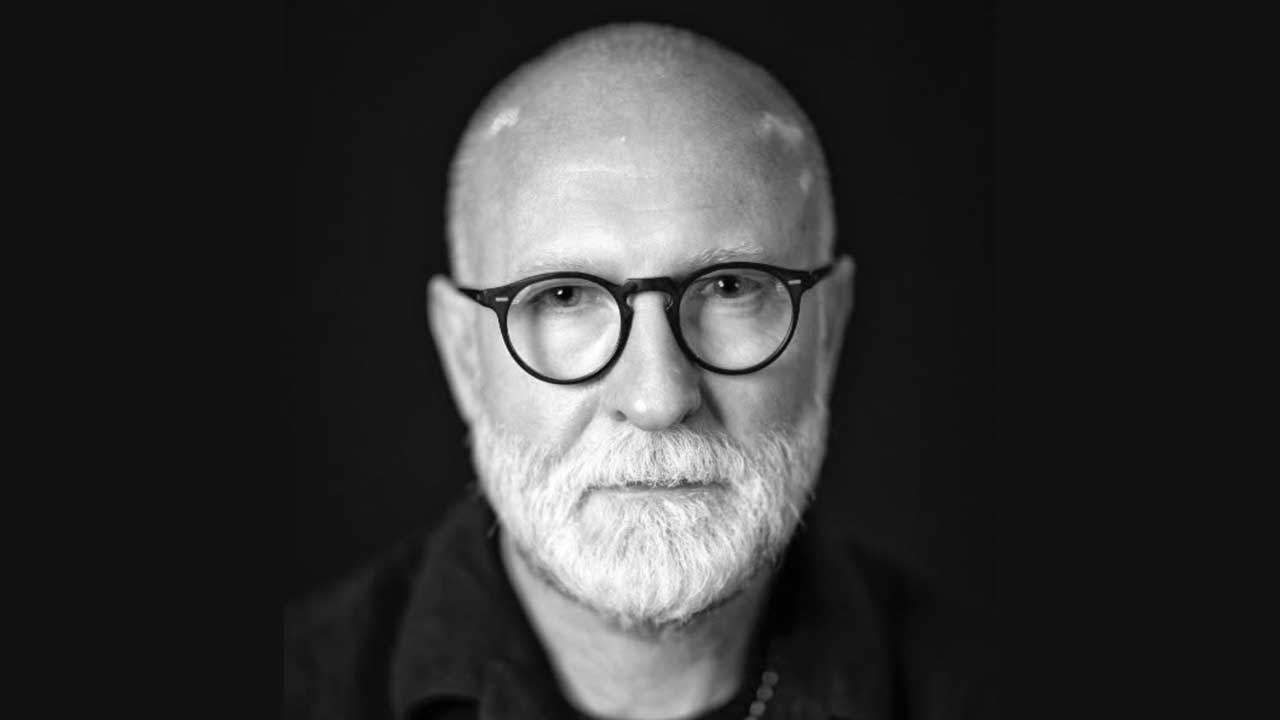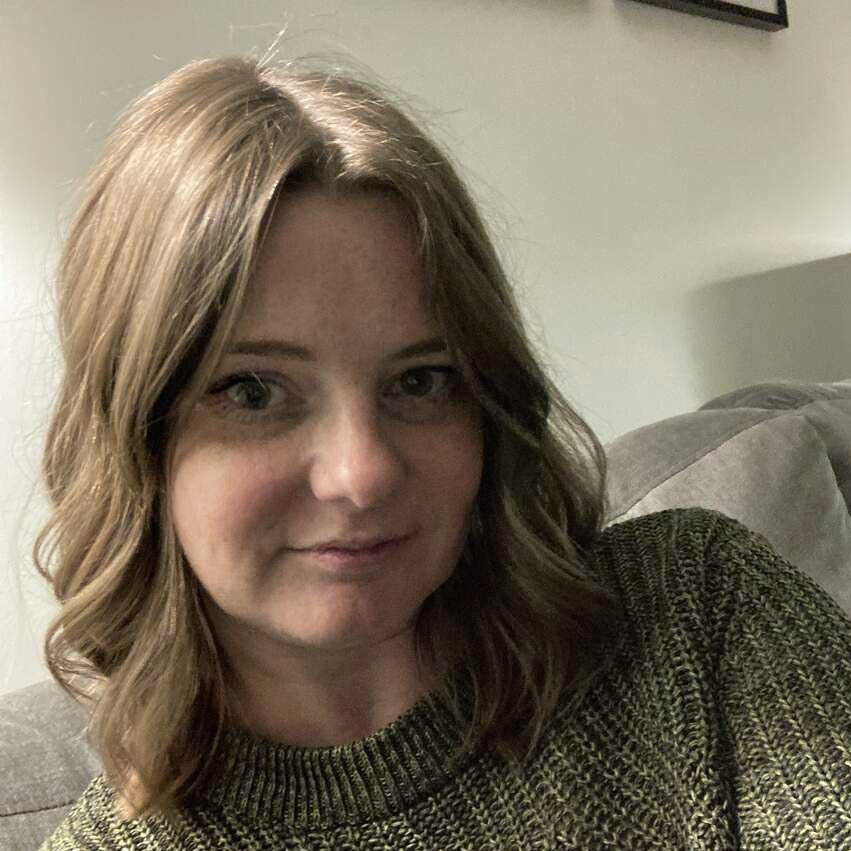Following the overtly political Blue Hearts and three years of solo touring, Bob Mould is back with Here We Go Crazy, a pop-flecked firecracker that flies as close to his work with Sugar as anything he’s released since that band ended.
With the album embracing the simpler side of rock’n’roll, and Mould set to return to the live arena with a full band, the US punk legend is on a mission to bring a little light to 2025.

How was 2024 for you?
Pretty good. I got a little derailed at the beginning of the decade, and started getting back on the road in late 2021. Then I got to a point where this record started to make itself known. I followed the very simple signposts that led me to a very simple record.
Simple how?
The songs are very short, very immediate, there’s not as much production enhancement. It was trying to get back to basics with very straightforward songwriting.
What were those signposts?
One of the things that hit me was getting that connection with the audience back again. The couple of years of losing that was pretty disorienting. Coming back and going out to the merch table afterwards, being up close with the audience, helped shape this record. There’s three battles that are going on. One is the idea of control versus chaos. Another is hyper-vigilance against helplessness. A third theme that runs through the record is uncertainty, with the contrast of unconditional love, or just letting go and being who you are and where you are in life.
Is the title track a reflection of America today?
It wasn’t written specifically with that in mind. The last record, Blue Hearts, really was on-the-nose politics. This one is more trying to ease people into my world of uncertainty. It’s like, what is going crazy? Is that reckless abandon? Is it the uncertainty of the future? Is it dark times that we spend in solitude?
How has life changed for you since your last record?
With Blue Hearts I was splitting my time between San Francisco and Berlin. Blue Hearts seemed appropriate for the time, but the past four years it was coming out of those dark times and trying to get back to what we remembered as normal. I now recognise that we may not go back to that world. We’re in a new world that has all the tracings of the old world, but I don’t know if the content is the same.
Do you think people’s mindsets have changed in terms of being around other people?
We all had to get used to being safe with others again. But at the same time we’ve got social media, and our screen life can take us away from our actual lives. It just becomes phones, dopamine, bias and algorithms. We as a civilisation really fell into that for a moment, and now to get ourselves out of it is a challenge.
Social media society is the polar opposite of the punk scene that you came up through, where it’s about immediacy and being physically present. Do you miss that?
Yeah. It’s confusing for me at my age and with my history. What Hüsker Dü did in the 1980s was before cell phones, before GPS, before the internet, relying on human connection and word of mouth. Rolling into a new city for the first time with a road atlas and no idea where to go, and then you might see some graffiti, and that might take you to a skateboard shop that might be next to a record store that’s near the punk rock club. The older I get, the more antiquated all of that seems. But those were amazing times.
What advice would you give your younger self?
It’s been a wild life so far, it’ll probably have some more wild moments. And there’s no advice I would give for that. We just do what we do. I wish I had the powers of physical recovery that I used to have. The only thing I would say to anybody is enjoy that short recovery time.
Lost Or Stolen hints at addiction. You’ve been sober for a long time. Is that still a daily victory?
I got rid of alcohol thirty-eight years ago. Never looked back. Never think about it. Quitting alcohol cost me friends, but quitting nicotine was much harder. For me it was way more addictive a drug. Addiction is such a concern in America, and treatment is a big business. The different modes of addiction that people fall into, online gambling stuff, are different to the addictions that I grew up with – the ones that would take a visible toll on a person.
How cathartic was writing your autobiography? Was anything surprising to look back on?
No, I think it was a pretty good representation of that part of my life. The noise and the chaos and the violence. And then finding solace in music, how I dealt with my sexuality, how I viewed my work, the relationship with my work and the audience. Some of the harsher words that I used, there’s moments where I did not paint myself in a particularly good light. That was how unpleasant I could be at times. Part of getting older is to try to reconcile those things and get rid of the bad parts of your personality and try to be a better person.
On the subject of discussing your sexuality in the book, it feels like we’re at another pivotal moment, where LGBTQ+ people are under attack.
I’m not at all surprised. Two, three years ago, I could tell that the Republican Party was coming for the trans community. This stuff is pretty cruel, to be challenging people who are having struggles with their being, trying to figure out how they identify in the world. Going after families that have kids that are struggling with this, it’s terribly cruel. There’s a lot going on. I couldn’t write a whole record about it this time. This time I’m just trying to bring some rock and pop and some light to the storm clouds that are rolling over us right now.
Here We Go Crazy is out now via Granary Music/BMG



